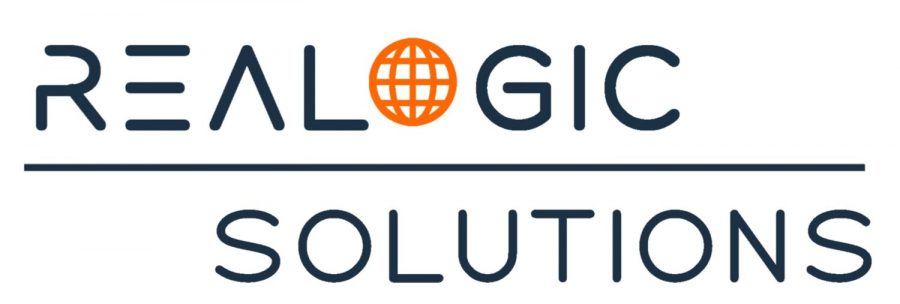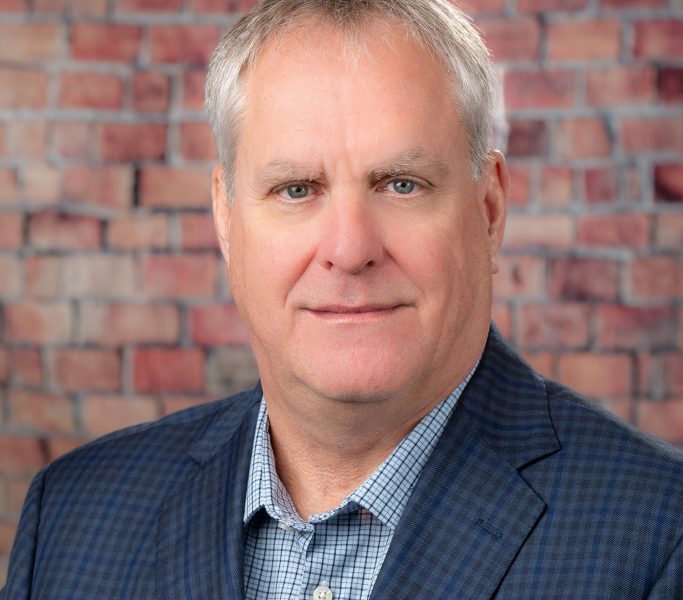



“How do we help a student achieve more than just a summer internship?” asks Mike Richard ’84 (Electrical Engineering), Executive Vice President and Chief Product Officer at Realogic Solutions and a member of the College of Computing’s External Advisory Board.
To answer that question Richard and his colleagues are working on a digital platform to elevate the student internship experience. To implement this new platform, Realogic has added a professional organization, rSpark, which will facilitate the activity between the student employees and the employer.
The new platform resides within InStep, a student-focused digital tool that connects students with internships while facilitating their transition to full-time work following graduation. InStep goes beyond connecting students with employers to include a comprehensive menu of services and resources to ensure success throughout an individual’s career, including professional development opportunities and a forum where students and professionals can connect.
“The intention is for the student to take the platform with them throughout their working lives. We want to make this sticky, so individuals are coming back for additional training and new mentorships as they advance in their careers,” says Jeff Williams, Director of Compensation and Payroll for Realogic Solutions. “We also want to help our industry partners find the people and the talent they need and help with the ever-changing skills needed within today’s workforce.”
“Bringing a new hire up to speed and aligning productivity can take around nine months,” says Richard. “If I can do that in a couple of semesters while they’re going to school and working part-time, then the opportunity is that much more beneficial for both the student and the employer. That’s what we’re trying to enable.”
Another goal of the platform is to impress upon students the collaborative nature of the workplace. “In all of your school years, you’re competing for a score,” says Richard. “In work, particularly in software engineering and development, you’re competing to get activities done and get revenue in the door. To accomplish that, you need to work with people, not against people. Collaboration is a very different mindset and a learned experience.”
“We’re looking at how we link this all together to bring the employers, schools, and the model platform together with the various students that wish to participate,” Richard says. “We’re also trying to cement the idea that some of the first things a student thinks they want to do might change.”
“Several new graduates that I’ve hired have spent about six years in college to earn their BS. Not because it took them that long to get through their program, but because they changed their minds a few times during school, or even graduated within a particular program, started working, and said, ‘I don’t like this’ and returned to school,” says Richard.
“When a new graduate finds out that they’re not interested in applying their degree in the real world, it tells me that there’s a mismatch between the academic environment and the work environments themselves,” says Richard. “We’re trying to reduce that misalliance as students move through their degree or career path before they get so far down the road that they’re not getting value out of their college investment.”
Realogic aims to introduce the new platform at Michigan Tech, other Michigan universities, and community colleges. “The colleges I’ve talked with about this have all expressed some real interest in applying these concepts in a program like this,” says Richard.
Michigan Tech Computer Science undergraduates, Kelsey Hagebusch and Hunter Malinowski, are helping Realogic build the new internship platform. Both completed summer 2023 internships at Realogic, and they continue to work part-time for the company this academic year.
“This summer I focused on front-end development and now I’m starting to branch out to the back-end,” Hagebusch says. “Realogic was helpful in leaving it up to us what we wanted to concentrate on. I felt like I was part of the team and learned a lot because of that. The work is definitely something I’d like to pursue as a career.”
Learn more about Kelsey Hagenbusch.
Malinowski also worked on front-end development, making the website attractive and easy to use. She has also pursued some back-end development in addition to a few side projects working on data science.
Read more about Hunter Malinowski.
“Our supervisors, Alex Peczynski and Mike Richard, were great about integrating us into the team,” Hagebusch says. “I felt valued as an employee, and they made me feel welcome immediately. It’s been a positive learning experience to take the skills I’ve learned in school and apply them in a real workplace.”
Despite their work being remote, Richard and Peczynski met with Hagebusch and Malinowski in-person within the first few weeks of the summer internship; both in the Detroit area and on campus in Houghton. “Remote is perfectly great, but it does help to form those connections in person,” says Hagebusch. “I appreciated that and found it incredibly beneficial.”
Although Hagebusch and Malinowski are working to build the model program, currently in its early stages, they both think it is something they would use throughout their life and employment cycle.
“When I first decided to study computer science, I didn’t have a full scope of what I was getting myself into,” says Hagebusch. “This platform would have given me a good idea of where I could take computer science in my career.”
“It’s a great feeling to be able to create a platform that will be useful to students,” says Malinowski. “I think it’s something that would have benefited me, as well. I tried a lot of similar websites when looking for internships this summer and in general, I didn’t get much out of them.”